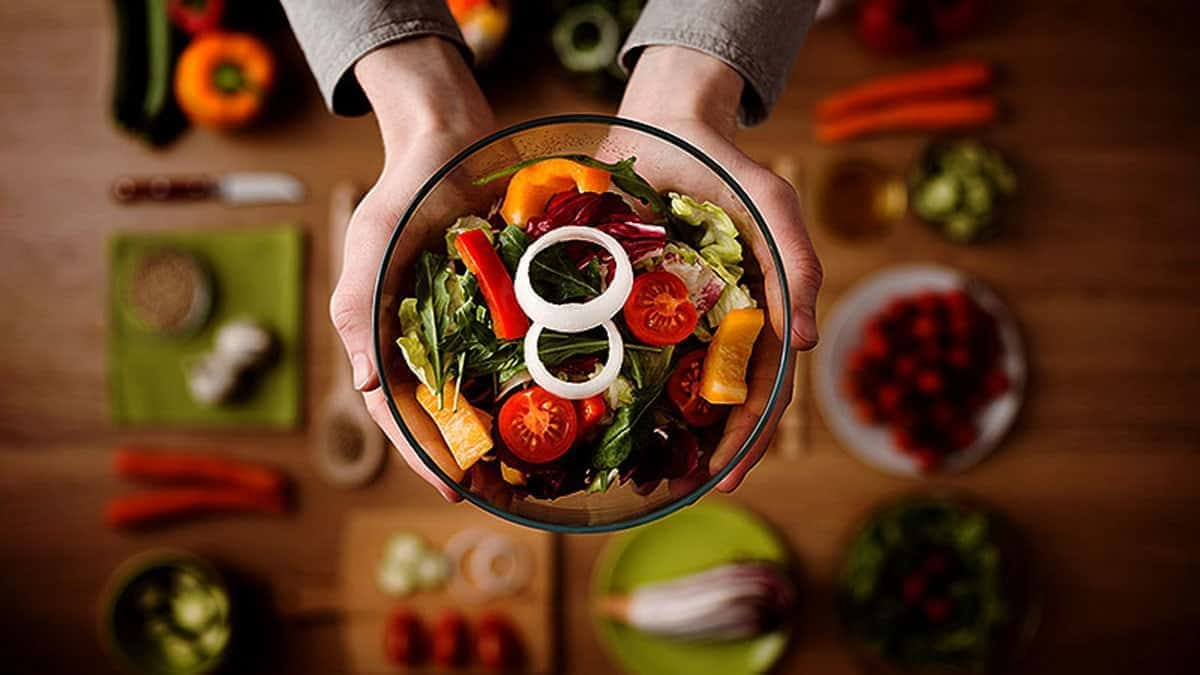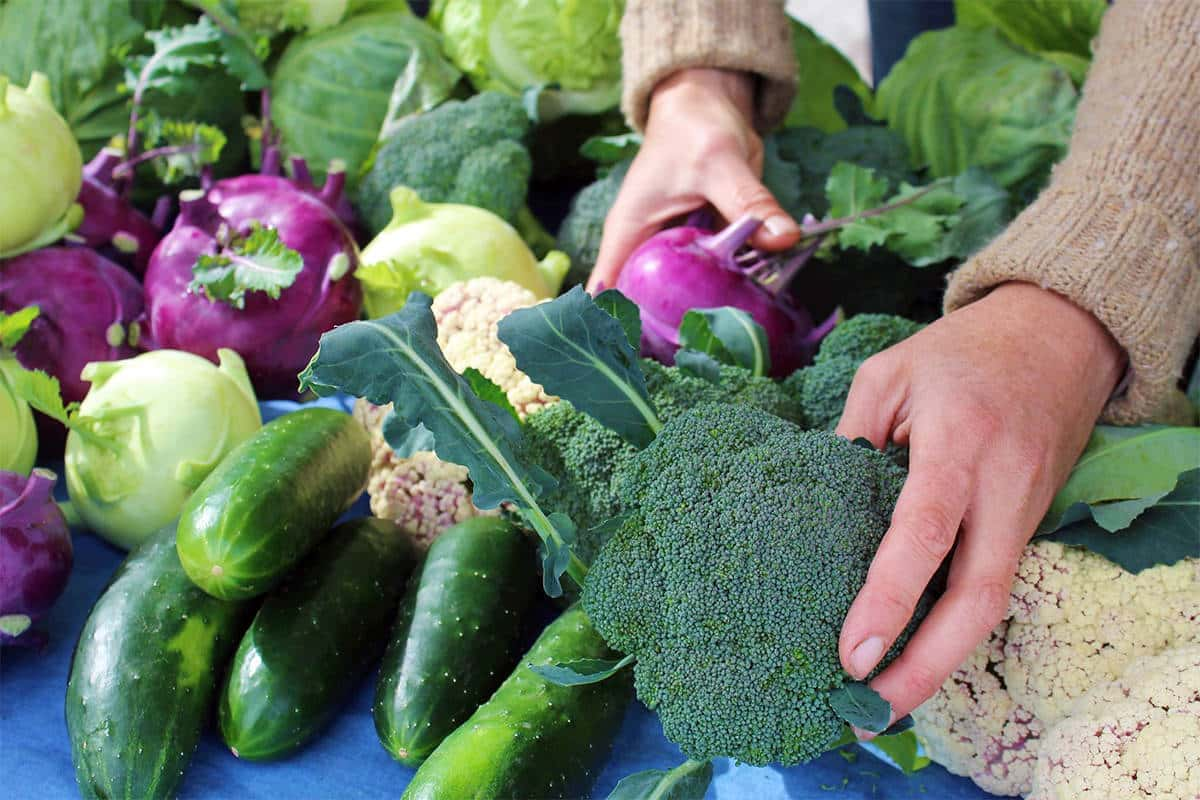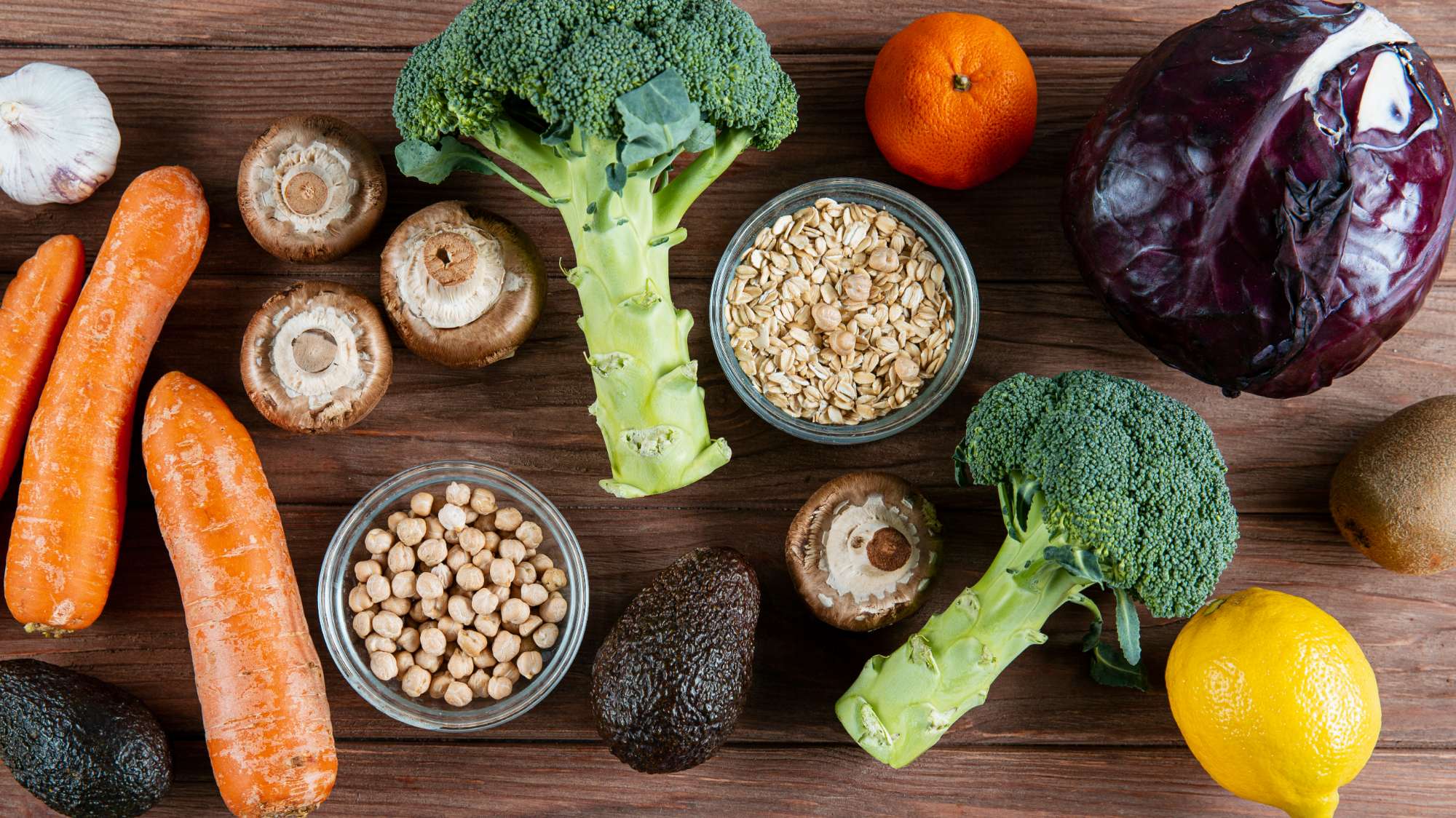What's the difference between being Vegan and Vegetarian?
What's the difference between being Vegan and Vegetarian?
Vegans and vegetarians choose not to eat meat. However, veganism is stricter and also prohibits dairy, eggs, honey, and any other items that derive from animal products, such as leather and silk.
The word vegetarian sprouted up in 1839. Fruitarian, "a person who lives on fruit" ripened by 1893. In 1944, vegetarians who consume no animal or dairy products began calling themselves vegans. Then, in 1993, those who eat fish but no other meat chose pesce, the Italian word for "fish," to create the designation pescatarian. In that same year, meatatarian was served up as a word for those whose diet largely includes meat; that word is rare, however, and is usually used in informal and humorous ways, making it the type of fare not included in our dictionaries. Another fairly recent dietary word is flexitarian, a person who follows a mostly vegetarian diet but occasionally eats meat or fish.
Nowadays, vegan and vegetarian diets are increasingly popular. But many people find it difficult to understand the difference between these two diets, especially when vegetarianism has some variation.
TYPES OF VEGETARIAN
Lacto-ovo vegetarian
Vegetarians who avoid all animal flesh, but do consume dairy and egg products
Lacto vegetarian
Vegetarians who avoid animal flesh and eggs, but do consume dairy products.
Ovo-vegetarian
Vegetarians who avoid all animal products except eggs.

TYPES OF VEGAN
A vegan diet can be viewed as the strictest form of vegetarianism.
Veganism is currently defined by the Vegan Society as a way of living that attempts to exclude all forms of animal exploitation and cruelty as much as possible.
So, a vegan diet not only excludes animal flesh, but also dairy, eggs, and other ingredients that come from animals. These include: gelatin. honey, carmine, pepsin, shellac, albumin, whey, casein, some forms of vitamin D3.
Vegetarians and vegans often avoid eating animal products for similar reasons. The largest difference is the degree to which they consider animal products acceptable.
Vegans also choose to avoid all animal by-products because they believe this has the largest impact on their health and the environment.
In terms of ethics, vegetarians are opposed to killing animals for food, but generally consider it acceptable to consume animal by-products such as milk and eggs, as long as the animals are kept in adequate conditions.
On the other hand, vegans believe that animals have a right to be free from human use, whether it’s for food, clothing, science, or entertainment. As a result, they seek to avoid all animal by-products, regardless of the conditions in which animals are bred or housed. The desire to avoid all forms of animal exploitation is why vegans choose to forgo dairy and eggs - products that many vegetarians have no problem consuming.
Compiled and penned by Crocus Media
.jpg)

